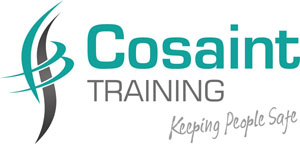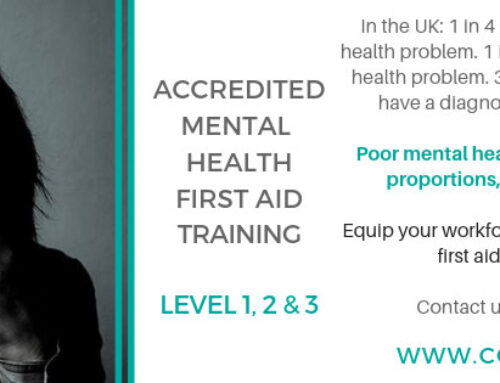The 2018 Face of the Profession Survey, carried out by Health and Safety at Work, gauged the safety sector’s own experiences in relation to mental health, stress, workplace demands, and psycho-social risk.
Over half of the survey’s respondents said that mental health issues in the workplace would dominate their working lives over the next five years, and when asked about their own experience of mental health issues 51% said they had experienced work-related stress in the past two years.
The survey also suggested that the prevalence of work-related stress is fairly even across levels of seniority, with 54% of Directors, 53% of Department Heads, 48% of Consultants, and 50% of Health and Safety Officers or Advisers responding that they had experienced work-related stress within the past two years.
The survey findings correlate with the CIPD’s recent Working Lives Survey, which found that 31% of middle managers feel “overloaded” or under excessive pressure. For many individuals, the stress translated to anxiety, which was experienced by 32% of respondents.
When asked about overtime, 21% said they worked no extra hours, 27% worked 1 to 5 hours extra per week, and 24% worked five to ten hours in addition to their contractual hours. Around 26% felt that their overtime had increased in the past five years, but equally another 26% felt it had decreased.
Stress Consultant, Carole Spiers, suggests that the Survey should have included questions around today’s “always on” culture, where staff routinely check emails or IT systems in the evenings, weekends, and holidays.
“People don’t necessarily see themselves as working when they answer their emails at home, but it means they aren’t switching off,” she says.
In dealing with team members’ stress, Spiers points out that it fundamentally becomes harder to motivate people when one key motivator – more money – isn’t on the table. But she says that training programmes should be used as an alternative method to engage and motivate staff, which can indirectly help to manage stress levels.
Judging by comments from respondents, the most typical strategy to deal with stress is to find a new job: several wrote that the stress they reported was at a previous employer, and that they have now moved on.
“Changed jobs due to bullying culture. This is not a reflection of current employer,” wrote one respondent.
“Suffered from work-related stress due to harassment in a previous role; in my current one there are no issues,” another wrote.
This is an important note for employers to make across the board, who could risk losing highly competent and valued employees if HR elements are not well managed, and individuals are not well supported.
The engagement scores of respondents, which provides an indication of how positively or negatively they view their own jobs, were relatively high. A larger group, 24%, said that they were “highly engaged”, in comparison to the 23% who said they were “disengaged” or “minimally engaged”.
For comparison purposes, the Gallup 2017 State of the Global Workplace report suggested that just 11% of UK employees are “actively engaged” while 21% are “actively disengaged”.
If you are wanting to increase engagement among your workforce, offer motivational incentives that are non-financial, or develop the key skills and competencies of your team, get in touch to see how we can help.
We run a wide variety of training courses at Cosaint, which are catered to suit a range of levels and can be individually catered to suit the needs of your business. While the majority of our training caters to Health and Safety, we also offer courses that develop complementary skills, such as presentation skills and the principles of training.
Find out more about the range of training courses we currently run by downloading our PDF Course List:
Download Cosaint Training’s Full Course List 2018
We also produce free topical posters and downloads every month – sign up to our monthly eNewsletter to make sure you never miss out on your copy.










Leave A Comment